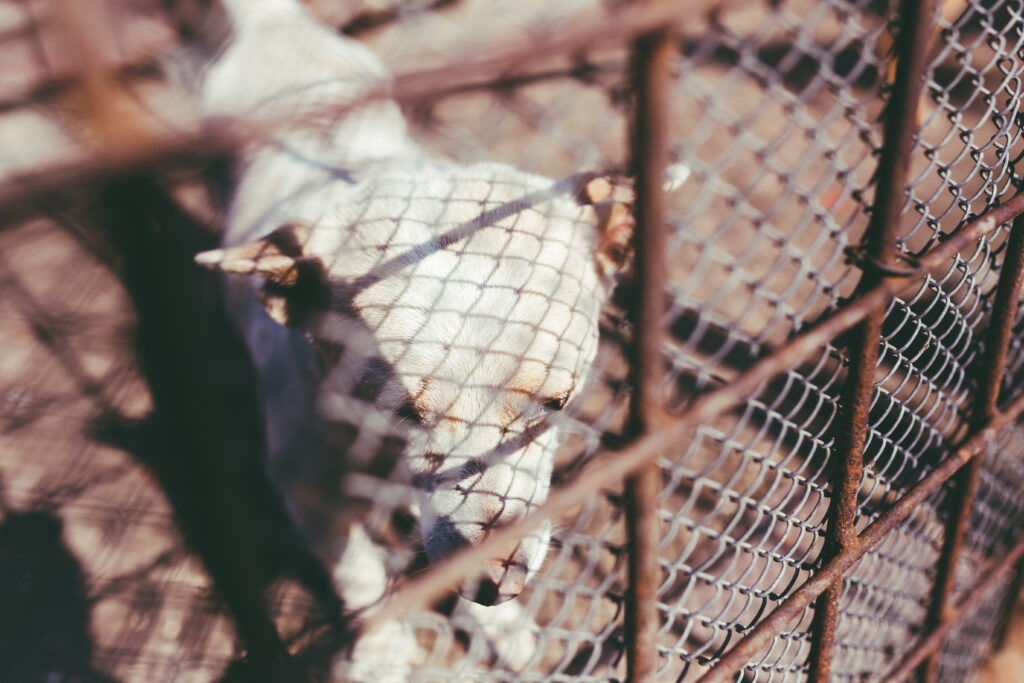When installing a bird net, the material you choose plays a key role in its effectiveness, durability, and overall value. Two of the most commonly used materials for pigeon net for balcony installation are nylon and polyethylene. Each has its advantages, and understanding their differences can help you make the right choice for your space.
Why Material Choice Matters in Bird Netting
The primary purpose of a bird net is to prevent pigeons and other birds from nesting or entering areas like balconies, windows, rooftops, or industrial spaces. The right bird net not only keeps the space clean but also helps prevent health hazards linked to bird droppings. However, selecting between nylon and polyethylene requires careful thought about weather conditions, budget, and long-term performance.
Nylon Bird Net: Strength and Flexibility
Nylon bird nets are widely known for their strength and flexibility. Made from high-tensile synthetic fibers, these nets are lightweight but extremely tough. They can withstand harsh weather, including rain and wind, without losing shape. Nylon nets also offer clear visibility, making them suitable for residential use where aesthetic appeal matters. In pigeon net for balcony installation, nylon nets are often preferred for their softer texture and ability to blend into the background.
They tend to have a longer life when installed correctly and maintained well. However, they may be slightly more expensive than other options, depending on the thickness and UV coating.
Polyethylene Bird Net: Affordable and Durable
Polyethylene bird nets are made from thermoplastic polymer, offering solid protection against birds at an affordable price. These nets are durable and UV-resistant, making them a great choice for outdoor installations. They are commonly used in large areas like gardens, warehouses, and commercial buildings.
For those comparing pigeon net for balcony installation price, polyethylene is usually more budget-friendly. However, it may not be as flexible or transparent as nylon, which can affect how it looks in smaller or more visible spaces. Still, it remains a reliable option for those looking for functional bird protection.
Comparing Both Options: Nylon vs. Polyethylene
When choosing between nylon and polyethylene bird netting, consider your priorities. Nylon is best for those who want a more discreet, visually appealing net for small balconies or residential setups. It lasts longer under varied weather conditions and offers better Stretchability.
Polyethylene, on the other hand, is ideal for larger areas and customers looking for value-based solutions. It offers durability at a lower cost and works well in places where appearance is not a top concern. If you’re searching for “bird net installation near me” and want quick, low-cost service, polyethylene might be your go-to choice.
Installation and Maintenance Tips
Regardless of the material, proper installation is key to getting the best results. Always measure your space accurately and ensure secure fixing. For long-lasting results, check your net regularly for any signs of wear and tear. Clean it occasionally to avoid dust buildup and ensure it continues to serve its purpose effectively.
When in doubt, consulting a professional balcony bird net service can help you choose the best option for your needs. Many local services offer guidance on pigeon net for balcony installation price and material types, helping you stay within budget while ensuring safety and cleanliness.
Upgrade your safety without compromising your view—explore invisible grill cost options today for a secure, modern, and aesthetically pleasing living space.
Frequently Asked Questions
Which bird net material is better for residential balconies?
Nylon bird nets are usually better for balconies due to their lightweight design and clearer appearance. They blend in with the surroundings and offer strong protection without affecting the look of your space.
Is polyethylene bird netting suitable for long-term use?
Yes. Polyethylene nets are durable and UV-resistant, making them a good choice for long-term outdoor use. They are widely used in industrial and commercial areas for bird control.
Does bird net installation require professional help?
Not always. While some people prefer to do it themselves, a professional bird net service ensures secure and neat installation, especially in high or difficult areas. This also reduces the risk of gaps or loose netting.
What is the average pigeon net for balcony installation price?
The price depends on the material, area size, and labor involved. Nylon nets are generally more expensive than polyethylene, but they offer longer life and better appearance. On average, installation costs start from a few hundred rupees per square meter.
Can I get bird net installation near me easily?
Yes. Many cities have local bird net installation experts. You can search online or contact Rudraksh Invisible Grills for fast and professional service tailored to your location and needs.
Whether you’re focused on looks, cost, or long-term use, knowing the difference between nylon and polyethylene bird nets will help you make the best decision. Choose the right net and enjoy a cleaner, bird-free living space today.

